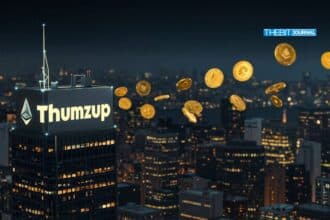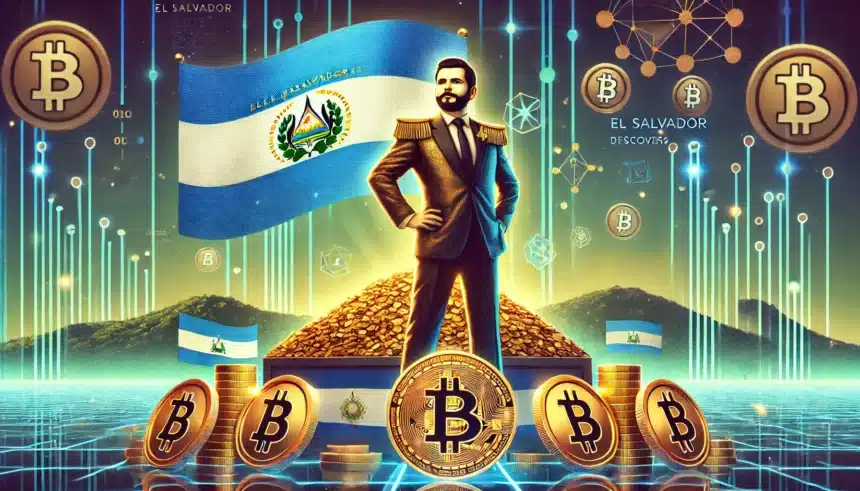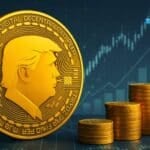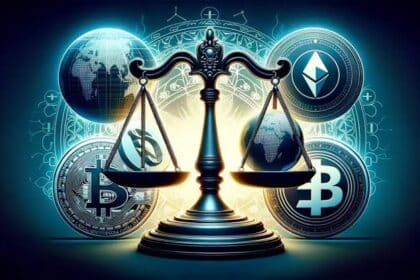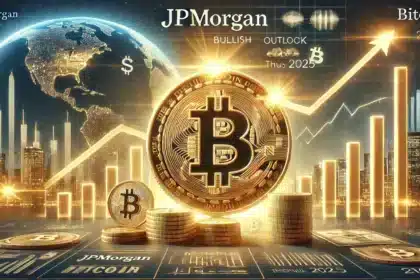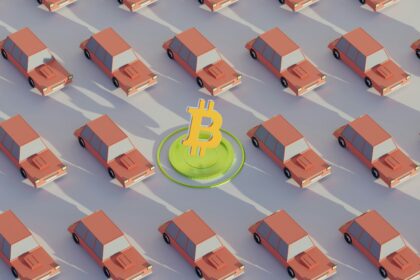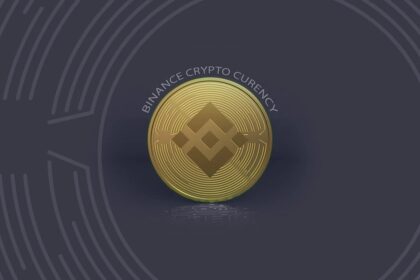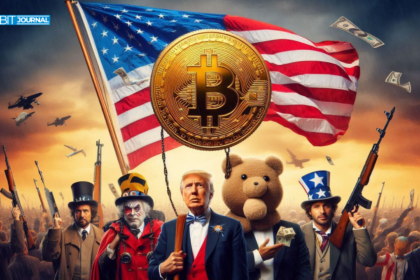El Salvador recently announced the possibility of having $3 trillion worth of gold, which has fired up international debate on the country’s economic future. President Nayib Bukele’s plan to use the reserves for infrastructure and more Bitcoin is getting equal parts excitement and backlash.
Being the first country to adopt Bitcoin as legal tender, El Salvador is combining old-school resources with their very modern cryptocurrency strategy. However, environmental sustainability and reserve estimates are getting in the way of this great plan.
The $3 Trillion Gold Discovery
President Bukele recently revealed that only 4% of El Salvador’s mining regions had been explored, but studies found an estimated 50 million ounces of gold worth $131 billion, more than triple the country’s GDP. He thinks further exploration could raise the reserves to $3 trillion, 8,800% of the country’s GDP.
Bukele attributed this to El Salvador being on the Pacific Ring of Fire for mineral wealth. Besides gold, he added that the reserve was extended to include gallium, tantalum, and tin essential materials for the modern industrial revolution. Taking to social media platforms, Bukele wrote about the economic changes that would come with such mining:
“Responsible mining could fund critical projects, create jobs, and advance infrastructure.”
However, this can’t happen without overturning El Salvador’s 2017 ban on metallic mining-a law to prevent environmental damage. Critics say this could be an ecological disaster.
Bitcoin’s Role in Monetizing the Discovery
As the first country to adopt Bitcoin, the gold discovery is being tied to their crypto strategy. Bitcoin proponents like Max Keiser and Pierre Rochard see the reserves as an opportunity to double down on the country’s Bitcoin commitment.
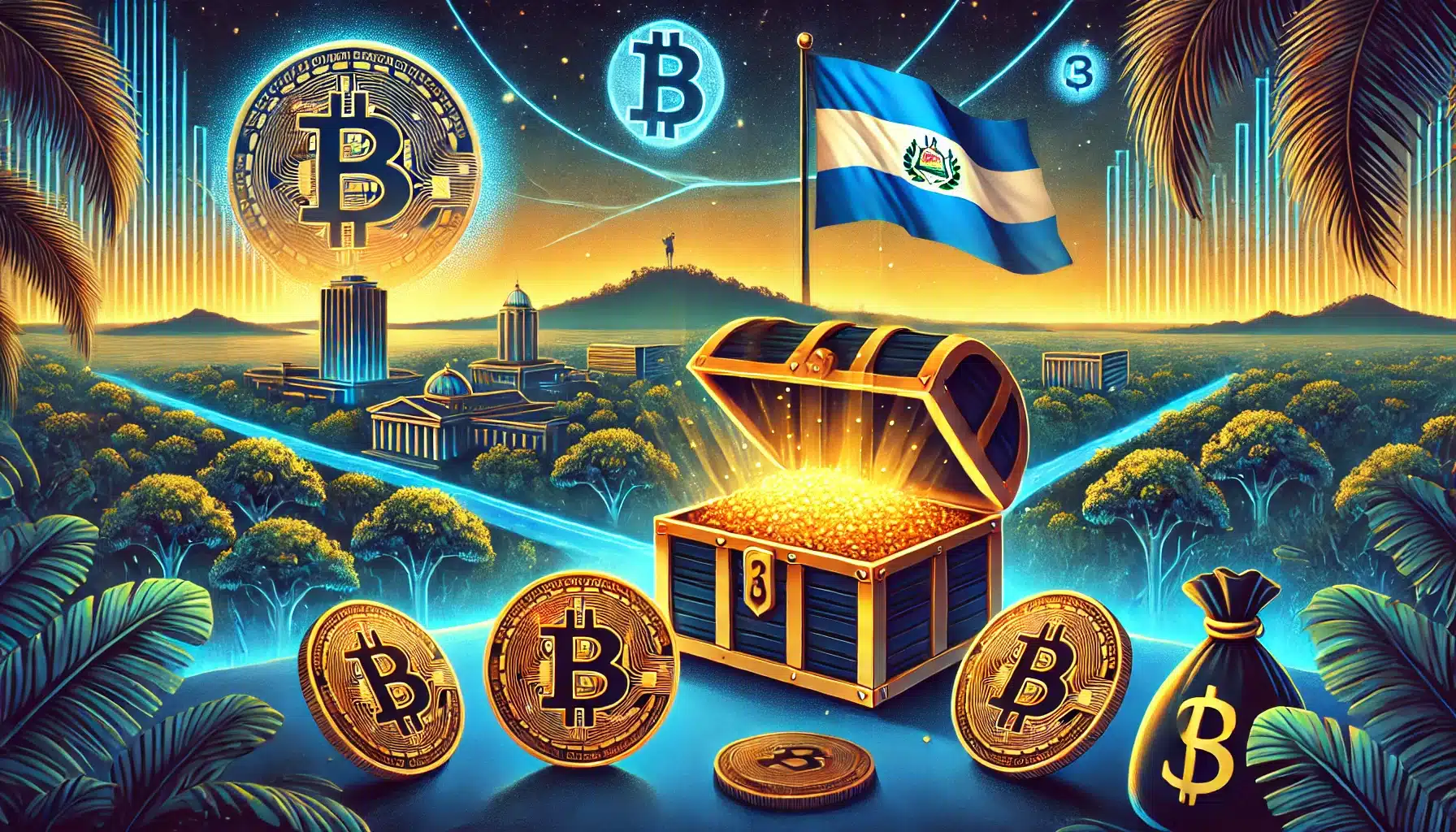
Keiser said the gold should be used to buy Bitcoin, calling it a much better long term asset. On X he said:
“El Salvador should monetize this $3 trillion in gold by issuing a series of 0% convertible preferreds…and buy as much Bitcoin as possible under $200,000.”
Pierre Rochard also noted Bitcoin’s resistance to supply inflation contrasting it with gold, which could be significantly diluted by such a large discovery: “This can’t happen with Bitcoin because the code is open source.
Bukele echoed that, “We’ll dilute that thing like there’s no tomorrow.”
Environmental and Economic Concerns
While the economics are clear, critics, however, say large-scale mining will be an ecological disaster. Notably, El Salvador passed anti-mining laws after years of protests over water contamination and deforestation caused by mining.
Bukele is trying to calm those worries by talking about sustainable mining. Critics say that can’t be done on the scale needed to extract the estimated $3 trillion in reserves.
Plus, there are doubts about the $3 trillion valuation. Geologists and economists say the initial estimates don’t account for extraction costs, environmental conservation and market volatility.
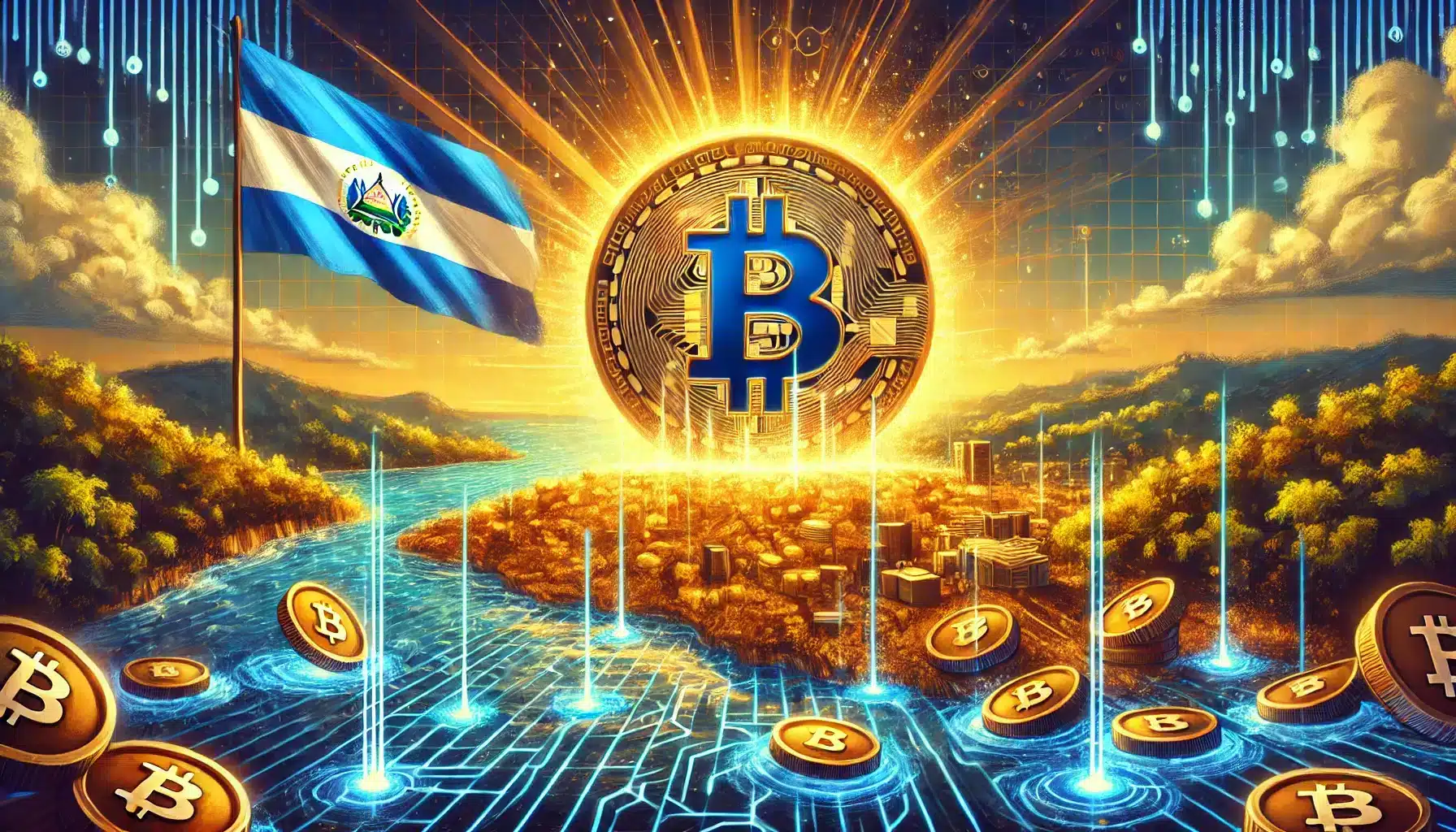
Balancing Gold and Bitcoin
El Salvador is at a fork, with its mineral wealth and being the first country to adopt Bitcoin. Some believe the discovery of gold is an opportunity to strengthen traditional systems, while others believe that Bitcoin presents a path to disrupt those very same systems.
If Bukele’s plan to monetize the gold reserves for Bitcoin happens, it could be a new era of hybrid economic models, combining traditional assets with blockchain assets. However, that, of course, would alienate environmentalists and those who are Bitcoin-phobic.
As more countries explore crypto integration, El Salvador’s plan will be part of the global conversation on resource wealth and digital innovation.
Conclusion
El Salvador’s $3 trillion gold discovery has put the country in the global spotlight, with big opportunities and big challenges. Bukele’s plan to use these reserves for Bitcoin investments proves he wants to make El Salvador a pioneer in economic innovation.
However, the environmental sustainability, valuation, and long-term stability of Bitcoin are still up in the air. It will be for the coming years to see if El Salvador’s bold plan can connect traditional wealth with a crypto future remake its economy and set an example for others.
The BIT Journal is available around the clock, providing you with updated information about the state of the crypto world. Follow us on Twitter and LinkedIn, and join our Telegram channel.


